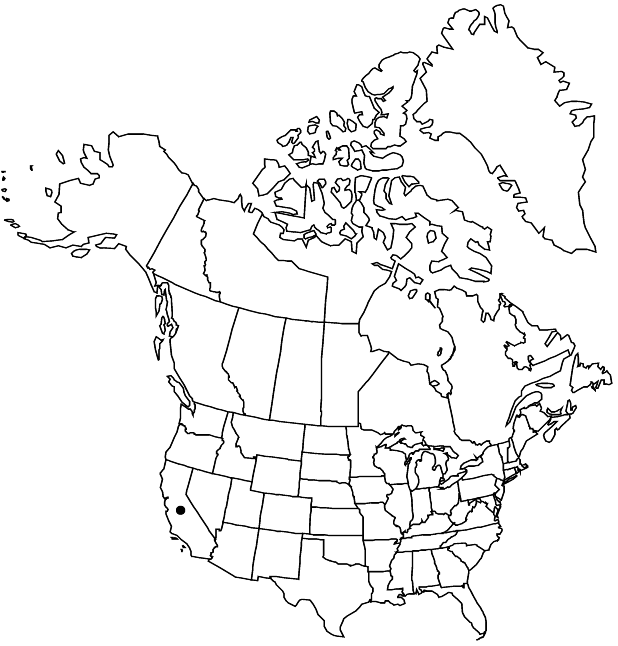Difference between revisions of "Dudleya variegata"
Leafl. W. Bot. 7: 110. 1953,.
FNA>Volume Importer |
imported>Volume Importer |
||
| (5 intermediate revisions by 2 users not shown) | |||
| Line 6: | Line 6: | ||
|place=7: 110. 1953, | |place=7: 110. 1953, | ||
}} | }} | ||
| − | |basionyms={{Treatment/ID/ | + | |special_status={{Treatment/ID/Special_status |
| + | |code=F | ||
| + | |label=Illustrated | ||
| + | }}{{Treatment/ID/Special_status | ||
| + | |code=C | ||
| + | |label=Conservation concern | ||
| + | }} | ||
| + | |basionyms={{Treatment/ID/Basionym | ||
|name=Sedum variegatum | |name=Sedum variegatum | ||
|authority=S. Watson | |authority=S. Watson | ||
| + | |rank=species | ||
| + | |publication_title=Proc. Amer. Acad. Arts | ||
| + | |publication_place=11: 137. 1876 | ||
}} | }} | ||
|synonyms={{Treatment/ID/Synonym | |synonyms={{Treatment/ID/Synonym | ||
|name=Hasseanthus variegatus | |name=Hasseanthus variegatus | ||
|authority=(S. Watson) Rose | |authority=(S. Watson) Rose | ||
| + | |rank=species | ||
}} | }} | ||
|hierarchy=Crassulaceae;Dudleya;Dudleya subg. Hasseanthus;Dudleya variegata | |hierarchy=Crassulaceae;Dudleya;Dudleya subg. Hasseanthus;Dudleya variegata | ||
| Line 38: | Line 49: | ||
-->{{#Taxon: | -->{{#Taxon: | ||
name=Dudleya variegata | name=Dudleya variegata | ||
| − | |||
|authority=(S. Watson) Moran | |authority=(S. Watson) Moran | ||
|rank=species | |rank=species | ||
| Line 52: | Line 62: | ||
|publication title=Leafl. W. Bot. | |publication title=Leafl. W. Bot. | ||
|publication year= | |publication year= | ||
| − | |special status= | + | |special status=Illustrated;Conservation concern |
| − | |source xml=https:// | + | |source xml=https://bitbucket.org/aafc-mbb/fna-data-curation/src/2e0870ddd59836b60bcf96646a41e87ea5a5943a/coarse_grained_fna_xml/V8/V8_389.xml |
|genus=Dudleya | |genus=Dudleya | ||
|subgenus=Dudleya subg. Hasseanthus | |subgenus=Dudleya subg. Hasseanthus | ||
Latest revision as of 22:43, 5 November 2020
Corms subglobose to oblong, 1–3 cm × 3–15 mm. Leaves 4–12; petiole 0.5–3 mm wide, to 1/3 as wide as blade; blade blue-green or yellow-green, oblanceolate to spatulate, 1–7 cm × 3–11 mm, 1.5–4 mm thick, base 1–6 mm wide, apex acute to rounded, surfaces not glaucous. Inflorescences: cincinni 2–11-flowered, 2–15 cm; floral shoots 5–20 cm × 0.5–2 mm at base, to 3 mm wide at middle; leaves 10–26, ascending, blade triangular-ovate to -lanceolate, 0.5–3 cm × 3–10 mm, 2–5 mm thick, apex acute to obtuse. Flowers mostly odorless; petals connate 0.5–1 mm, spreading from near middle, bright yellow (fading whitish), often red-lineolate on keel, elliptic, 5–8 × 2–3.5 mm, apex acute, corolla ca. 8–15 mm diam.; pistils separate, suberect; ovary 2.5–5 mm; styles 1.5–2 mm. Follicles widespreading, with adaxial margins nearly horizontal. 2n = 34.
Phenology: Flowering late spring.
Habitat: Hillsides and especially mesas with heavy clay soil, rarely at edge of salt marshes
Elevation: 0-500 m
Distribution

Calif., Mexico (Baja California).
Discussion
Of conservation concern.
Dudleya variegata is endemic to an area some 80 kilometers long, from near San Diego into northwest Baja California, much of it urban; it is considered fairly threatened in California (California Native Plant Society, http://cnps.web.aplus.net/cgi-bin/inv/inventory.cgi). In Baja California, it hybridizes with D. attenuata subsp. attenuata (R. V. Moran 1951).
Selected References
None.
